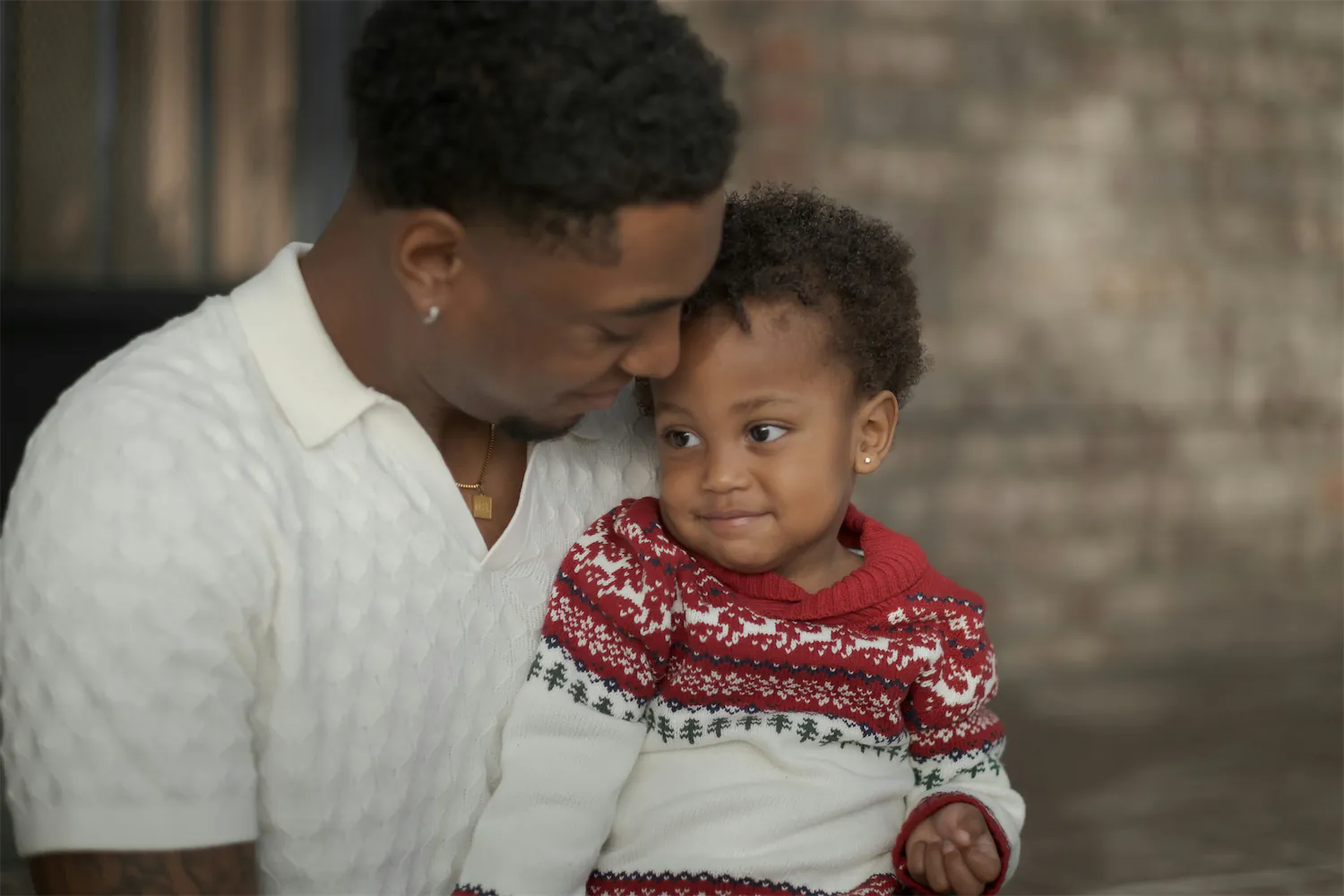4 types of parenting styles
4 types of parenting styles
Understanding the different styles of parenting
Understanding the different styles of parenting

Dahlia Rimmon, RDN
Content Writer

Jennifer Gillette, MA
Child Development & Behavior Specialist



Four parenting styles
Authoritative parenting: Parents provide warmth, support, and structure. They set clear expectations but encourage independence and reasoning.
Pros: Fosters high self-esteem, good social skills, strong academic performance, and emotional resilience.
Cons: Can be demanding for parents and requires consistency and patience.
Authoritarian parenting: Parents focus on strict rules, obedience, and discipline, often without room for flexibility or negotiation.
Pros: Teaches clear boundaries and respect for authority.
Cons: Can lead to low self-esteem, anxiety, rebellion, or dependence on external validation.
Permissive parenting: Parents are lenient and nurturing and provide kids with limited rules and structure.
Pros: Strong parent-child bond and children feel valued.
Cons: Poor impulse control, struggles with authority, lower academic performance.
Uninvolved parenting (Neglectful parenting): Parents are generally detached and there is little involvement, guidance, and emotional connection.
Pros: Some children develop independence.
Cons: Poor emotional regulation, low self-esteem, higher risk of behavioral problems.
Differences between authoritarian and authoritative parenting styles
Authoritarian parenting style: Children are expected to obey strict rules without questioning or negotiating them. Children are expected to meet high standards without making mistakes.
Authoritative parenting style: Children are given warmth, support, and structure. Parents have clear and firm expectations while fostering independence and critical thinking.
Should parents adjust their parenting style for each child?
Yes. Flexibility ensures that parenting styles meet each child’s temperament and developmental needs. Children respond differently to discipline, motivation, and emotional support. Adapting your approach can help you connect with each child more effectively. Some children are naturally more sensitive, independent, or strong-willed. A gentle, supportive approach may work well with a sensitive child, while a more structured or goal-oriented style might suit a child who thrives on challenges.
Parents should also adjust their parenting style as their children age. Young children need more structure and guidance, whereas teenagers benefit from more independence and open communication.
How can you tell if a parenting style is the right fit for you?
Reflect on family values, goals, and your child’s personality. It’s a good fit if your parenting style nurtures positive behavior, meets your child’s emotional needs, and aligns with your values. A different parenting style may be more effective if stress, conflict, poor behavior, and emotional struggles increase.
When to adjust your style of parenting:
Increased conflict
Lack of communication
Noticeable shifts in your child’s behavior, like withdrawal or aggression
Life transitions like starting school or adolescence are natural times to reassess and adapt your approach if needed.
Do both parents need to have the same parenting style?
While consistency is helpful, it’s perfectly fine for parents to have slightly different approaches. It works as long as both parents share core values and communicate effectively.
Four parenting styles
Authoritative parenting: Parents provide warmth, support, and structure. They set clear expectations but encourage independence and reasoning.
Pros: Fosters high self-esteem, good social skills, strong academic performance, and emotional resilience.
Cons: Can be demanding for parents and requires consistency and patience.
Authoritarian parenting: Parents focus on strict rules, obedience, and discipline, often without room for flexibility or negotiation.
Pros: Teaches clear boundaries and respect for authority.
Cons: Can lead to low self-esteem, anxiety, rebellion, or dependence on external validation.
Permissive parenting: Parents are lenient and nurturing and provide kids with limited rules and structure.
Pros: Strong parent-child bond and children feel valued.
Cons: Poor impulse control, struggles with authority, lower academic performance.
Uninvolved parenting (Neglectful parenting): Parents are generally detached and there is little involvement, guidance, and emotional connection.
Pros: Some children develop independence.
Cons: Poor emotional regulation, low self-esteem, higher risk of behavioral problems.
Differences between authoritarian and authoritative parenting styles
Authoritarian parenting style: Children are expected to obey strict rules without questioning or negotiating them. Children are expected to meet high standards without making mistakes.
Authoritative parenting style: Children are given warmth, support, and structure. Parents have clear and firm expectations while fostering independence and critical thinking.
Should parents adjust their parenting style for each child?
Yes. Flexibility ensures that parenting styles meet each child’s temperament and developmental needs. Children respond differently to discipline, motivation, and emotional support. Adapting your approach can help you connect with each child more effectively. Some children are naturally more sensitive, independent, or strong-willed. A gentle, supportive approach may work well with a sensitive child, while a more structured or goal-oriented style might suit a child who thrives on challenges.
Parents should also adjust their parenting style as their children age. Young children need more structure and guidance, whereas teenagers benefit from more independence and open communication.
How can you tell if a parenting style is the right fit for you?
Reflect on family values, goals, and your child’s personality. It’s a good fit if your parenting style nurtures positive behavior, meets your child’s emotional needs, and aligns with your values. A different parenting style may be more effective if stress, conflict, poor behavior, and emotional struggles increase.
When to adjust your style of parenting:
Increased conflict
Lack of communication
Noticeable shifts in your child’s behavior, like withdrawal or aggression
Life transitions like starting school or adolescence are natural times to reassess and adapt your approach if needed.
Do both parents need to have the same parenting style?
While consistency is helpful, it’s perfectly fine for parents to have slightly different approaches. It works as long as both parents share core values and communicate effectively.
Summer Health offers fast and reliable pediatric urgent care through online doctors, all via text. Whether you’re worried about your baby's fever, rashes, or other children's health concerns, we provide expert advice and support anytime, right from your phone.

Never miss a post!
Sign up for our newsletter to receive articles and guides directly to your inbox!

















